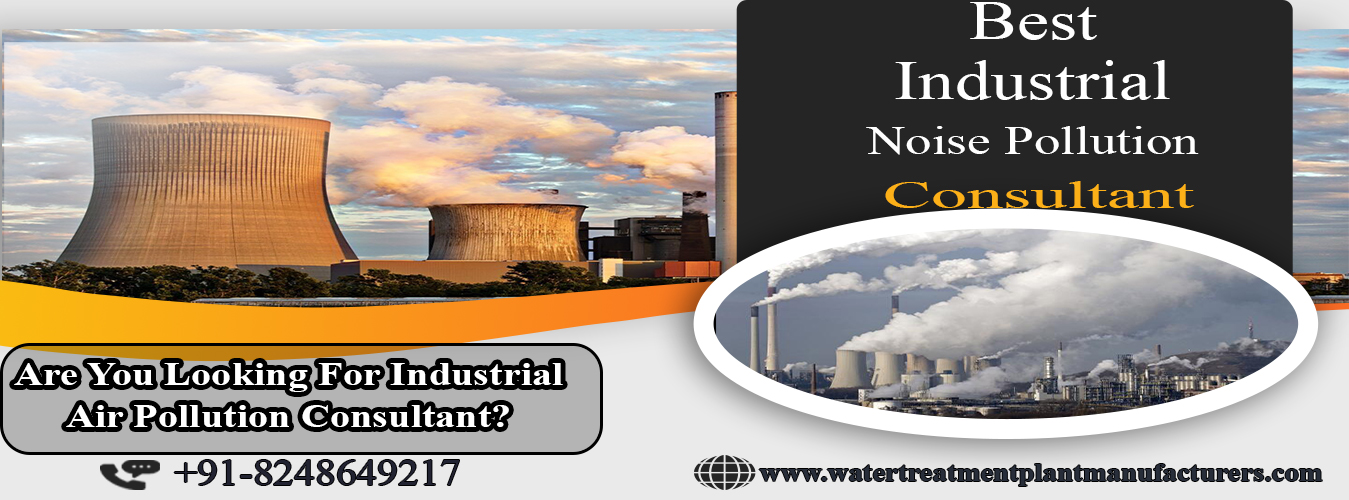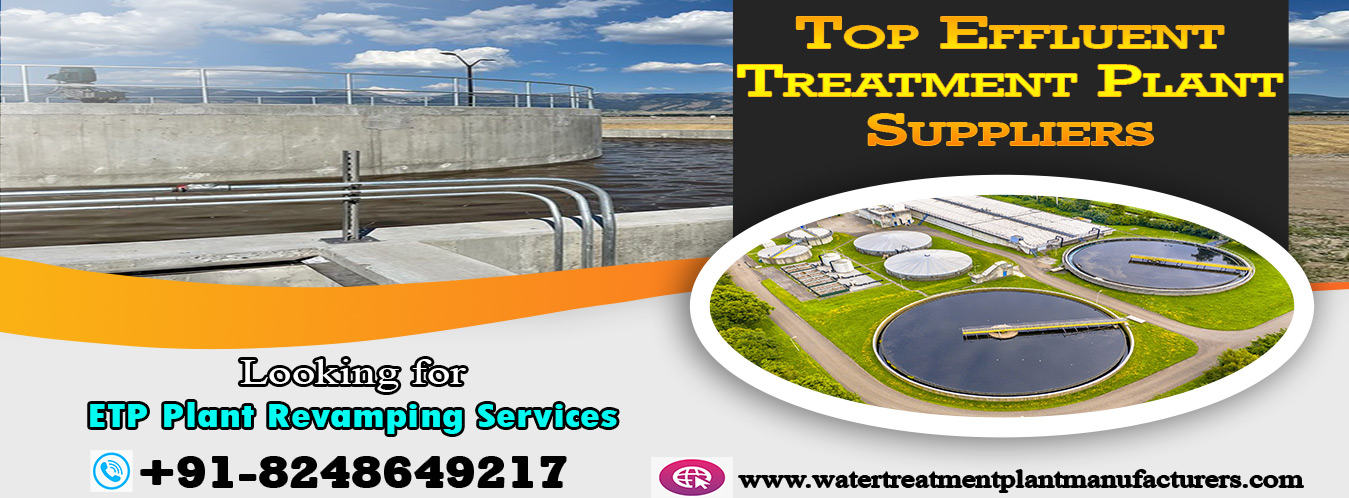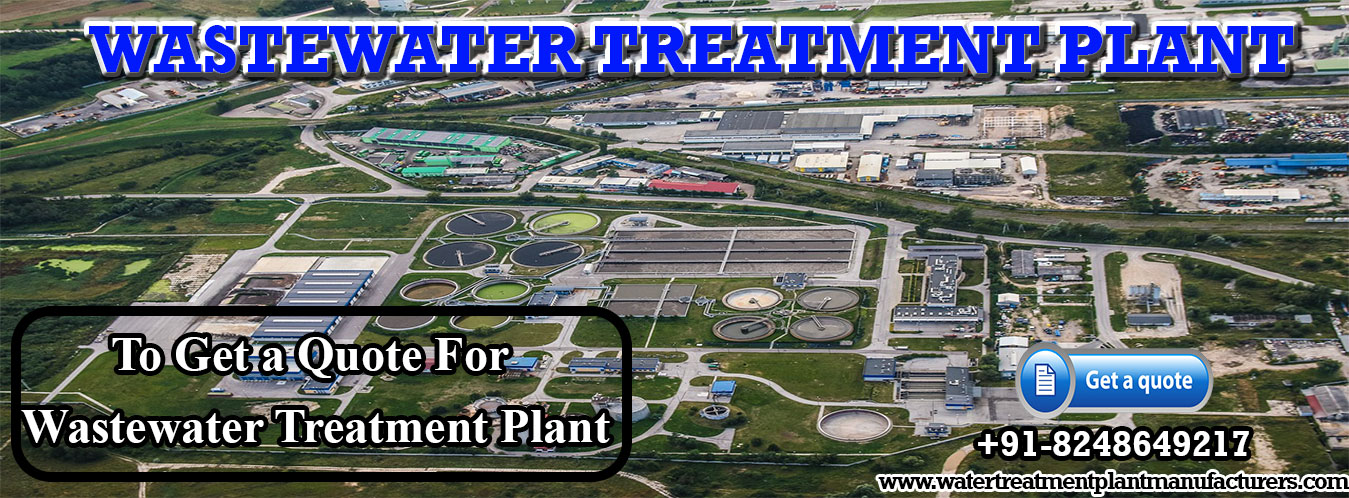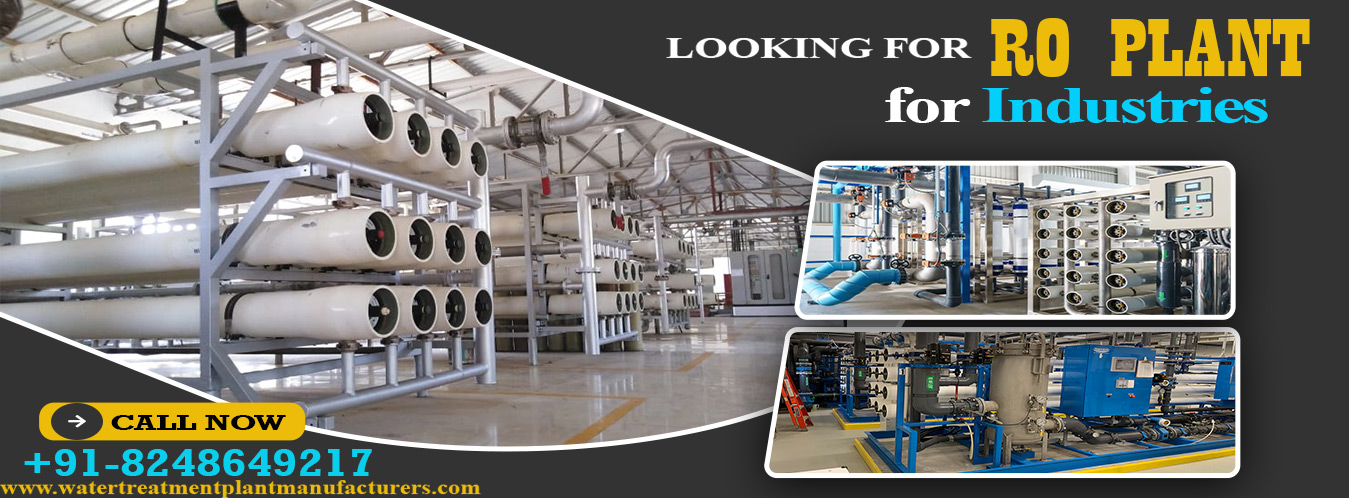
WELCOME
GJ WATER TECHNOLOGIES

WELCOME
GJ WATER TECHNOLOGIES

WELCOME
GJ WATER TECHNOLOGIES

WELCOME
GJ WATER TECHNOLOGIES
Industrialization has undeniably brought numerous benefits to society, including economic growth and technological advancements. However, it has also given rise to significant environmental challenges, with industrial air pollution being a primary concern. To address this critical issue, the role of an industrial air pollution consultant becomes crucial. This essay explores the responsibilities, expertise, and significance of an industrial air pollution consultant in mitigating environmental pollution caused by industrial activities.
An industrial air pollution consultant is a trained professional who specializes in analyzing and mitigating air pollution generated by industrial processes. They work closely with industries to develop effective strategies and implement solutions to minimize the negative impacts on air quality and human health. The primary responsibilities of an industrial air pollution consultant include:
Consultants conduct comprehensive assessments to identify pollution sources, quantify emissions, and measure ambient air quality. They utilize advanced monitoring techniques and equipment to collect accurate data, enabling them to determine the extent of pollution and its potential effects.
Industrial activities are subject to strict environmental regulations and emission standards. An industrial air pollution consultant ensures that industries comply with these regulations by conducting regular audits, assisting in permit applications, and providing guidance on implementing pollution control measures.
Consultants develop tailored pollution control strategies based on the specific needs of each industry. This involves recommending and implementing advanced technologies, such as emission control systems, filtration devices, and process optimization techniques, to reduce pollutant emissions at the source.
When new industrial projects are proposed, an industrial air pollution consultant assesses the potential environmental impacts before granting permits. This involves evaluating the project's air pollution potential, predicting emissions, and recommending mitigation measures to ensure sustainable development.
Industrial air pollution has detrimental effects on human health. Consultants conduct health risk assessments to evaluate the impact of pollutants on nearby communities. They provide recommendations for minimizing exposure and protecting public health through proper dispersion modeling and exposure assessment.
To effectively address industrial air pollution challenges, an industrial air pollution consultant must possess a diverse range of expertise and qualifications. These include:
Consultants need a strong background in environmental science, air quality monitoring, and industrial processes to understand the complexities of air pollution sources and control technologies.
Thorough knowledge of environmental regulations and policies is essential to guide industries in compliance and provide expert advice on legal requirements.
Consultants should possess technical skills related to air pollution modeling, data analysis, emission inventory development, and pollution control technology evaluation.
Effective communication skills are vital for engaging with industry stakeholders, government agencies, and communities affected by industrial activities. Consultants must convey complex information clearly, facilitate discussions, and build consensus around pollution control strategies.
The role of an industrial air pollution consultant is crucial in achieving sustainable industrial development and safeguarding the environment. Their work directly contributes to:
By identifying pollution sources and implementing control measures, consultants play a vital role in reducing industrial emissions and improving air quality. This protects ecosystems, mitigates climate change, and preserves natural resources for future generations.
Industrial air pollution can have severe health consequences. Consultants help minimize exposure to harmful pollutants, assess health risks, and advocate for measures that protect the well-being of nearby communities.
Consultants assist industries in complying with environmental regulations, promoting responsible business practices, and minimizing reputational risks associated with pollution incidents.
Industrial air pollution consultants drive innovation by introducing advanced pollution control technologies, encouraging sustainable industrial processes, and facilitating the adoption of cleaner energy sources.
The services of an industrial air pollution consultant are essential for addressing the environmental challenges posed by industrial activities. Through their expertise, they assess, monitor, and implement strategies to mitigate air pollution, safeguard public health, and promote sustainable industrial development. By working collaboratively with industries, governments, and communities, industrial air pollution consultants play a pivotal role in creating a cleaner and healthier future for all.
ETP Plant represents Effluent Treatment Plant, is a cycle which is designed for treating the industrial wastewater for making it reusable or safe release into the nature. It accepts untreated industrial wastewater as influent and subsequent to treating it produces the effluent because of treated industrial wastewater. During the treatment cycle it likewise isolates sludge.
Effluent Treatment Plants are utilized by all driving industries to treat their wastewater. All the main pharmaceutical, chemical, material, and other industry that create the wastewater utilized ETP's to sanitize water and eliminate any non harmful or poisonous materials or chemical from it. Every one of the companies utilized these plant to keep the public authority rule, and for climate protection.
ETP Plant assumes a vital part for treating the industrial wastewater. ETP are for the most part used to get the industrial wastewater make it reusable water or to safe release in to the climate. Presently Days it's obligatory for each industry to Introduce ETP Plants according to unofficial laws to treat their waste and wastewater for making it more reusable or for safe release into the nature.
Wastewater release plants are utilized to treat wastewater prior to delivering it into the climate. Keeping a wastewater release plant is fundamental since they are significant in guaranteeing that the climate stays clean. The main thing you ought to do is ensure that the effluent release plant gathers the wastewater and never returns it to the climate.
To reuse the water for additional purposes, the emanating treatment plant filters harmful material, contaminated water from streams and lakes, and so on. These are many times utilized in enterprises where there is a gamble of serious water contamination, like drugs, materials, tanneries, and synthetic chemicals. Prior to delivering them back to nature, such treatment plants guarantee that the dirtied and poisonous water from industrial facilities is dealt with.
